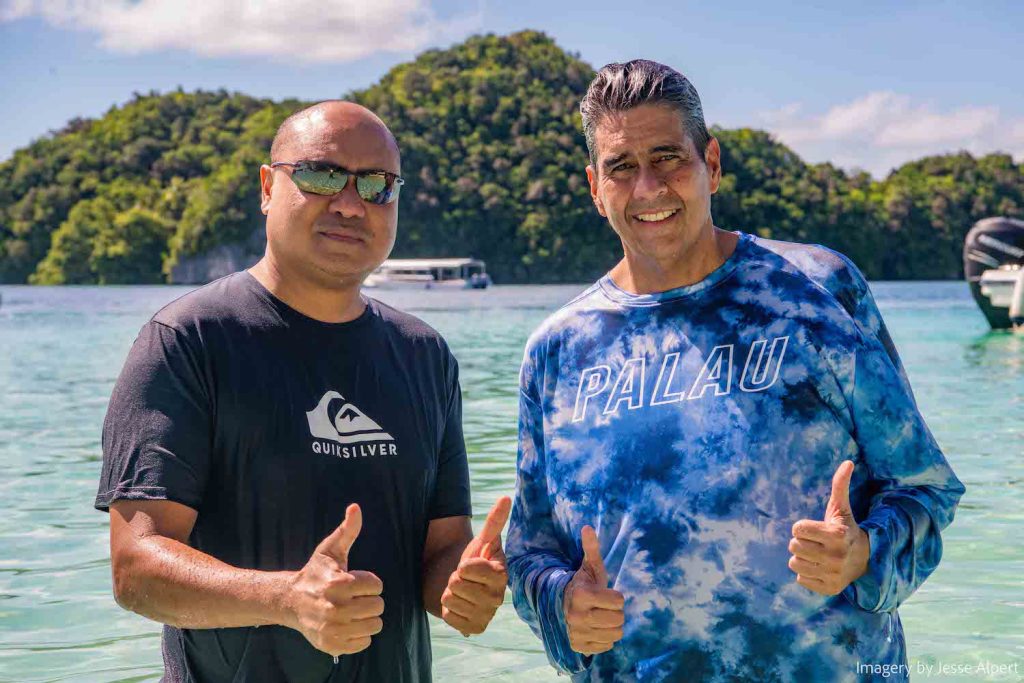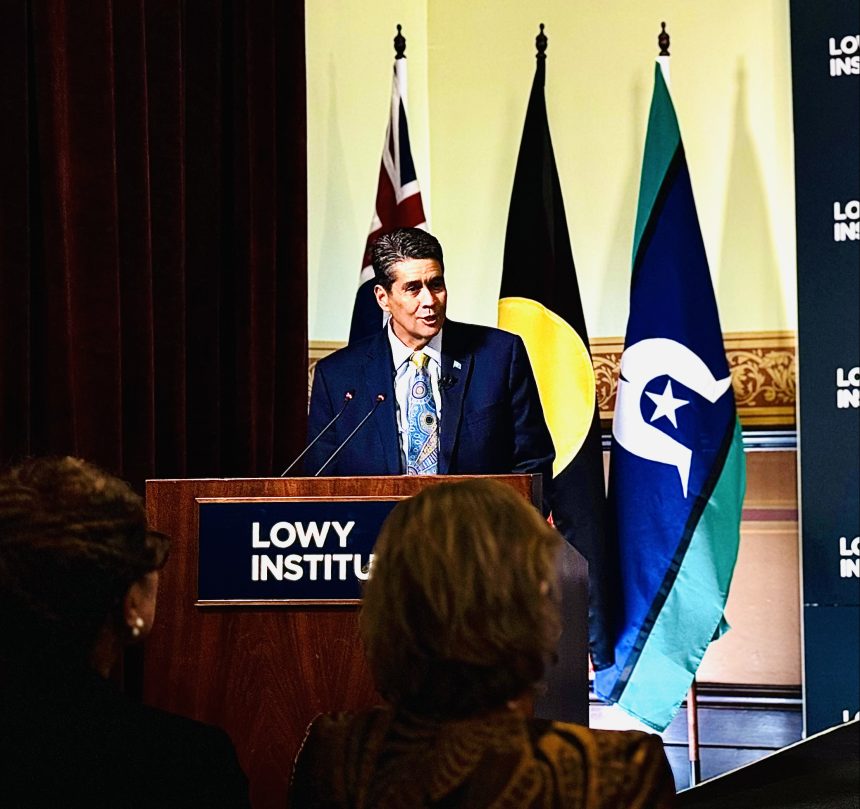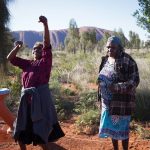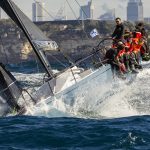As water rises and the strategic importance of Pacific islands solidifies amidst increasing global tensions, Surangel S. Whipps, Jr, the President of the Republic of Palau since 2021, has emerged, as Mihai Sora from the Lowy Institute put it, “as a strong and principled voice on regional issues central to Pacific prosperity; resilience and sovereignty.” During the COP26 meeting in Glasgow, Whipps sharply attempted to motivate world leaders saying, “We are drowning, and our only hope is the life-ring you are holding.”
Surangel S. Whipps, Jr. has been dedicated to protecting public health and rebuilding the economy of Palau, improving the lives of Palauans domestically, and promoting Palau’s interests on a global level, passionately working to safeguard the environment and elevate the agenda regarding climate change and ocean pollution. He holds a bachelor’s degree in Business Administration with a focus on economics from Andrews University and an MBA from UCLA.
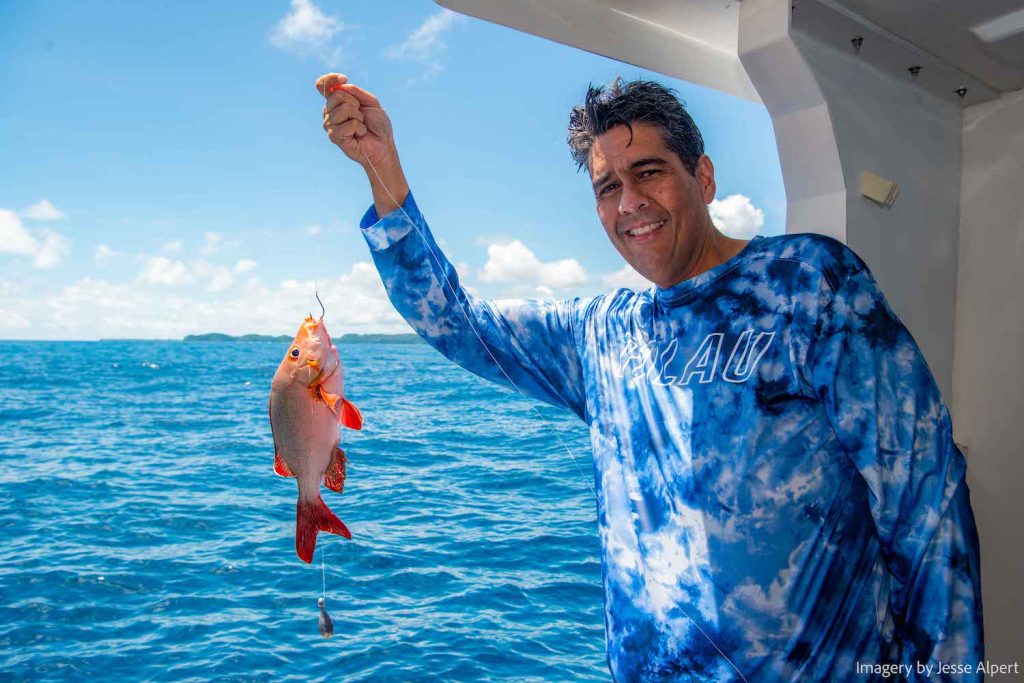
Here in Australia, he has just delivered the 2025 Foundation for Development Cooperation Pacific Leaders’ Address at the Lowy Institute. He not only spoke about the “rising sea levels that are swallowing our islands, the warming temperatures that are killing our coral, and the saltwater intrusion that is damaging our crops,” but also the, “nature based solutions.” and “scaleable climate initiatives,” that can flourish when strong governance and a forward looking leadership takes charge, as well as the opportunities to “unlock Blue Pacific prosperity.”
Australia is bidding to host COP31 in 2026 with Pacific Island countries, a first of its kind partnership opportunity. The main competitor for the event is Turkey, with the decision now unlikely to be made by the COP committee until they meet in Belém, a Brazilian city on the Amazon River, for COP30 in November. President Whipps said, “hosting COP 31 as a Pacific COP is an investment in regional resilience and prosperity which will demonstrate to the world that innovative solutions are emerging from our Blue Pacific led approaches.” He went on, “We can show the world that we can transition to 100% renewables, and show them that we are doing our part to protect our oceans, our forest, and our planet We’re keeping it healthy. All that we ask is that everyone else does the same.”
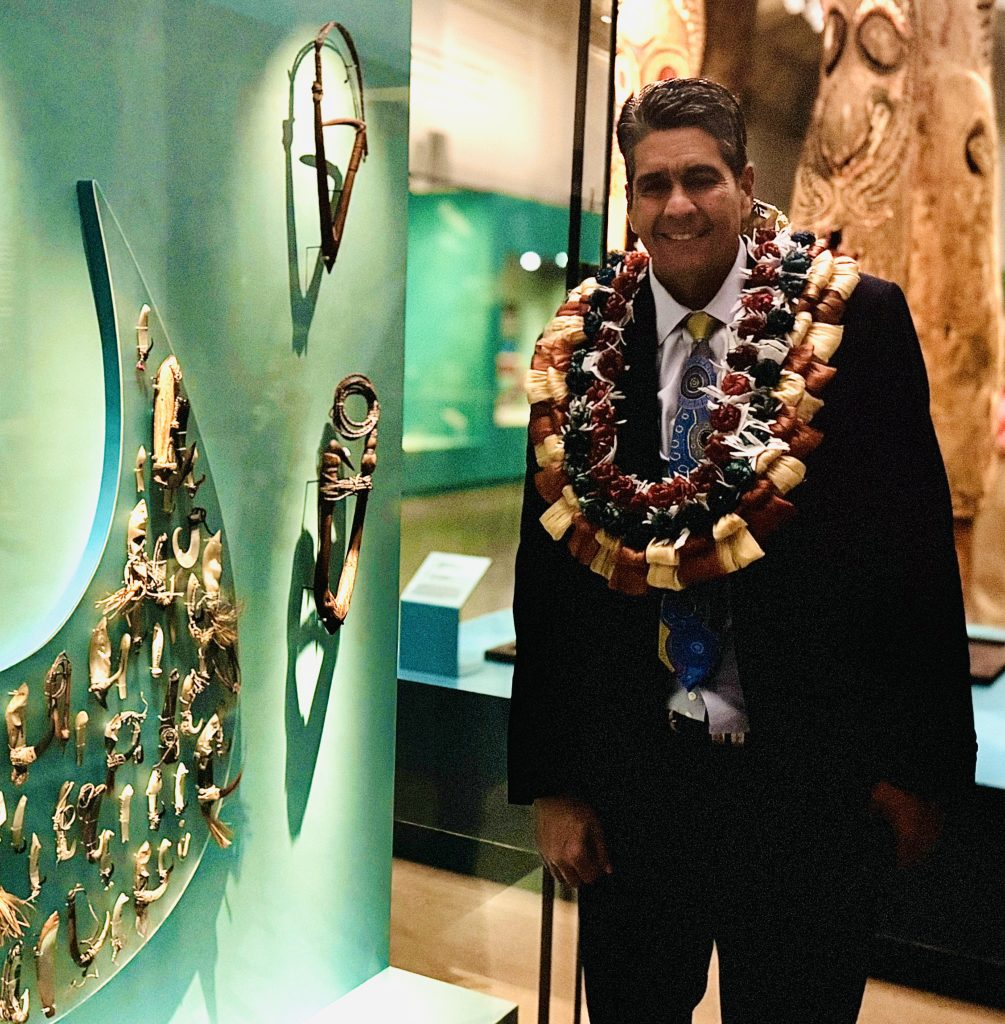
Palau has some of the most progressive marine protection laws in the world. In 2024, Whipps delivered his speech Upholding the Common Heritage of Humankind to the International Seabed Authority Assembly in Jamaica, passionately arguing against seabed mining. He likened the threat of deep-sea mining to, “a new form of colonialism,” highlighting Palau’s cultural connection to the ocean and the responsibility of sovereign nations to safeguard it. He advocated for a moratorium on deep-sea mining, citing Palau’s traditional practice of “bul” which focuses on ecosystem management and resource regeneration. At the Lowy Institute he went on to say, “It’s a practice where we declare areas off-limits. It allows nature to regenerate. This principle underpins everything we do, from conservation to climate policy. What happens in our part of the world will eventually affect everybody.”
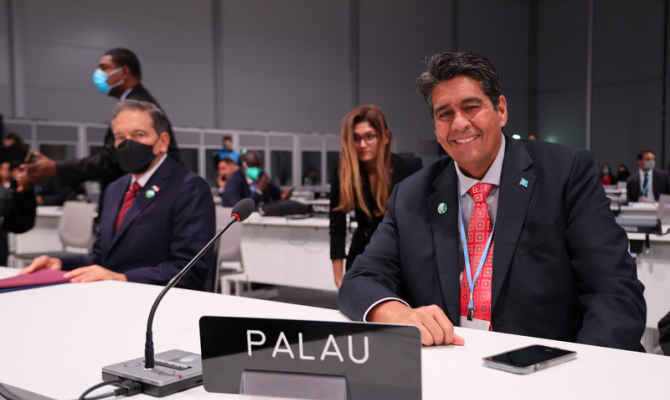
There’s also the promise of more and more ties between Palau and Australia, with new flights between the two island nations being brought online by Qantas. Whipps said he was excited about the new route, calling it the “Palau Paradise Express.” He said the flights would, “not only boost tourism, but would create cultural exchanges, sports exchanges, business opportunities, and people to people exchanges which will enhance mutual understanding.”
Just before jumping on the Palua Paradise Express ourselves, Irresistible managed to snatch a few moments with the President to find out how he’s still finding the positive in everything, and how he really can’t wait to have more Australians visiting his island home.
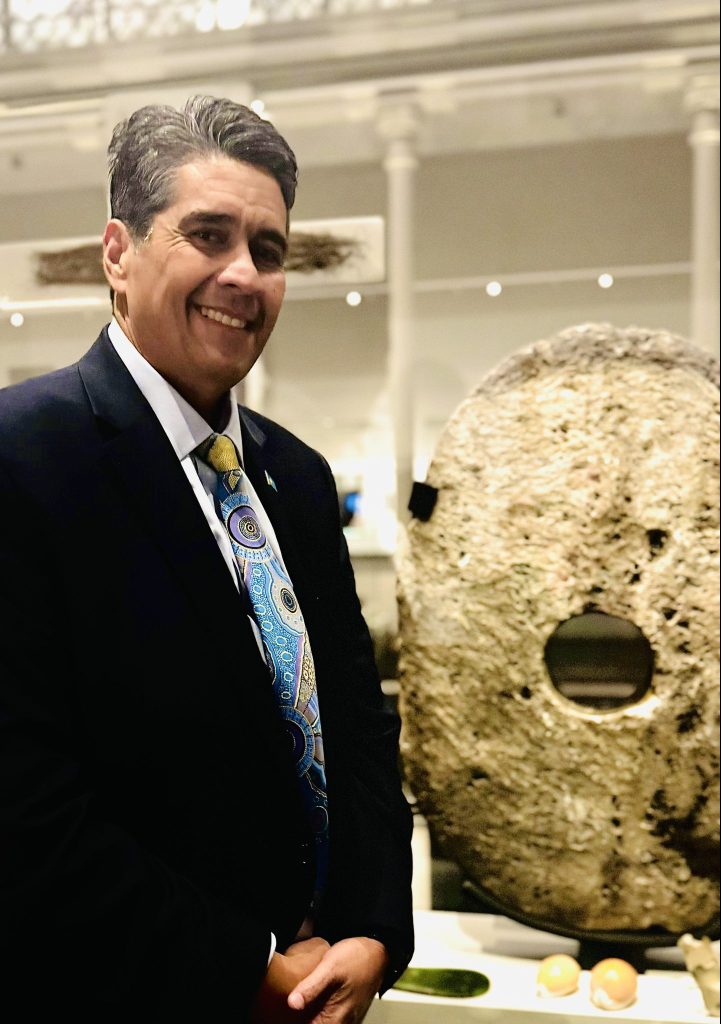
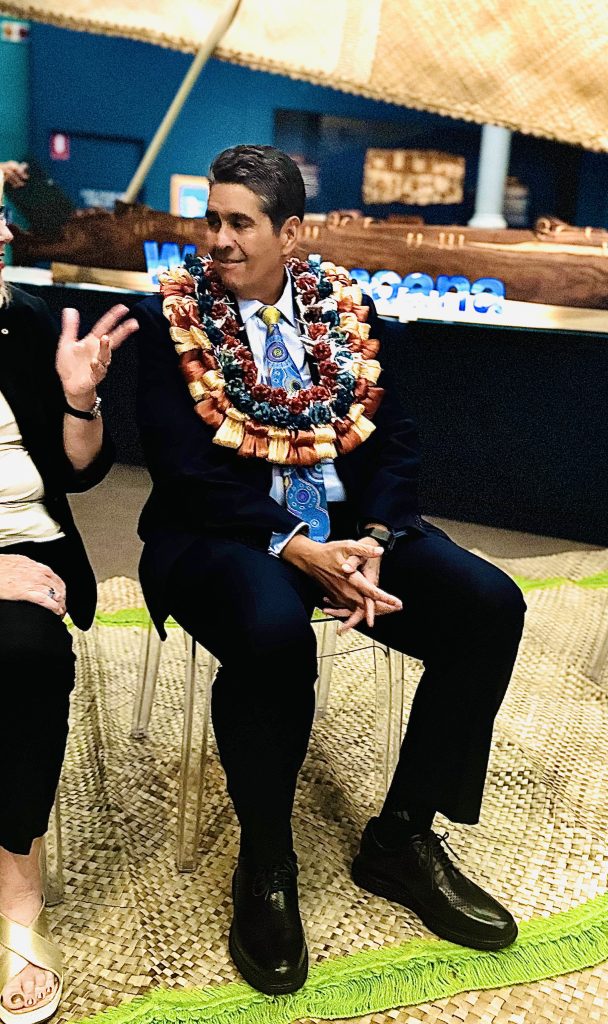
There is a move everywhere to push people further apart, to create new divisions, and skepticism around climate change is being used as a driver for that. What do you think can be done to try and bring people together again?
President Whipps: It is about empathy. We should use love. I like the arts like music, and I think we have to really help and draw on the strengths of the youth. We have to be more positive. There’s so much negativity everywhere. We need to find the good in everything. Even take Trump. As bad as we think he might be, try and find what he’s doing that’s good. It’s hard. If we focus on the good things then there’ll be a lot less hate and a lot more co-operation.
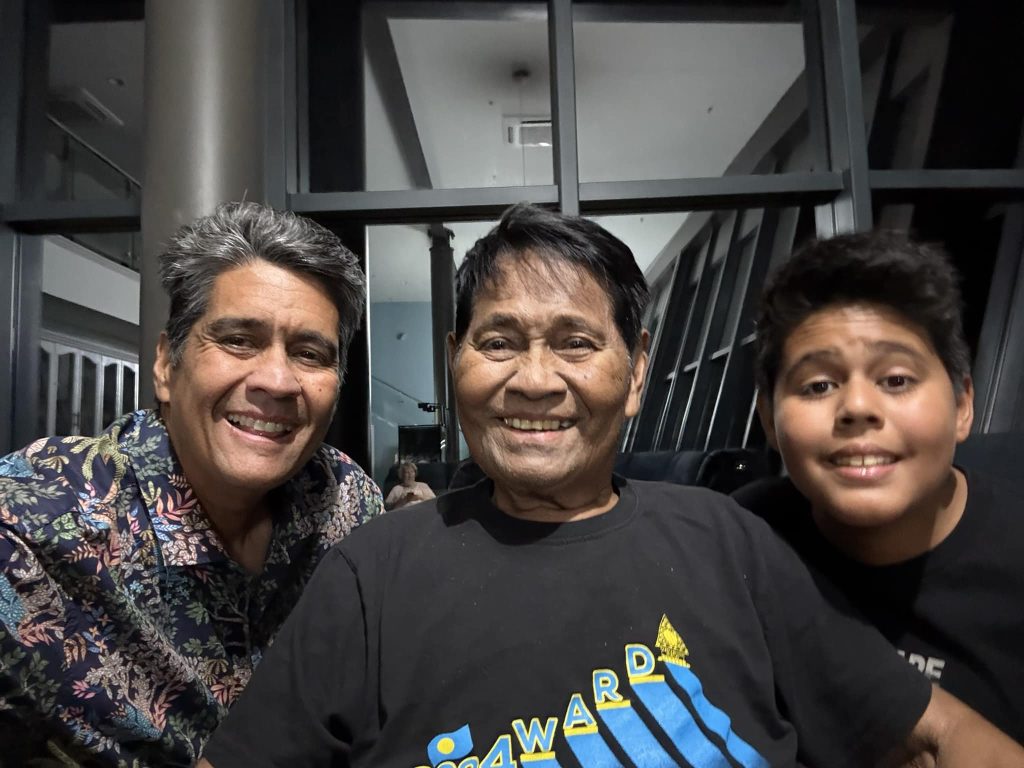
What good do you think might come from Trumps actions?
I think being financially responsible. Holding people accountable to their word. That’s a good thing. I think when it comes to security and defence it is important that the whole world shares in that. His strategy maybe unorthodox or not the best, but he has made Europe step up. He has made Asia step up. He tried to do these things the time before but now he’s making them do it. I don’t think he’ll even abandon the, but he’s demanding more. It’s just the way he negotiates. Like the tariffs. they’re jumping around and it’s getting everyone talking about it. There are unfair practices that need to be addressed. At the end, hopefully it’s better. Sometimes you have chaos before that. But improvement should always be the goal. Hopefully the USA can find a way to reduce their debt. That’s a good thing for the planet, if they are more efficient, and spending money to bring about the change that we need.
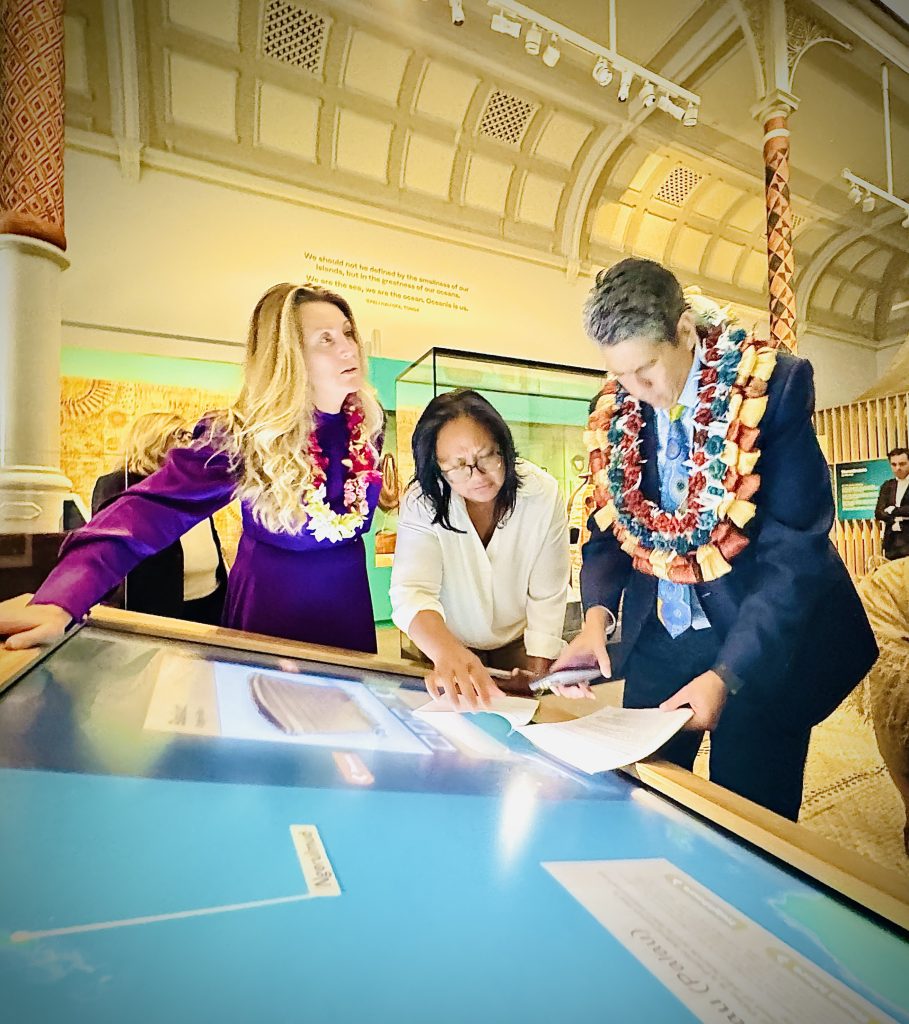
Do you think the Americans will end up in the same place as the rest of the world in the end. That logic will win and they’ll have to deal with fossil fuels and emissions and what that means for their economics, just like everyone else?
At the end of the day, the reason people are anti- climate change is because they think it’s going to hurt their pocket. So you have to show how it’s actually a positive thing, it’s an investment.
Showing that there are opportunities and people can make money?
Exactly. Elon Musk did it with EVs. If Trump comes to Palau I’m going to take hime snorkelling, to help him understand. It’s about dialogue and trying to solve problems together.
How do you navigate the tension between mitigation and adaptation. Between pushing forward and also planning for the worst?
At Glasgow during COP26 I had a conversation about this in a meeting with the then Australian Prime Minister Scott Morrison and the Prime Minister of Tuvalu Kausea Natano. We were talking about reductions. At that time Morrison was saying his target was reducing carbon emissions by 26% below 2005 levels by 2030. Not very ambitious. The next conversation was Tuvalu asking for support once their islands are gone. They were asking for their rights to be protected. They were talking about moving to Australia. To me it didn’t make sense. How were they going to claim to still be Tuvalu and living in Australia. It’s hard, but to me that’s giving up. That shouldn’t even be the conversation we’re having. We’re got to raise aspirations. We’ve got to create hope.
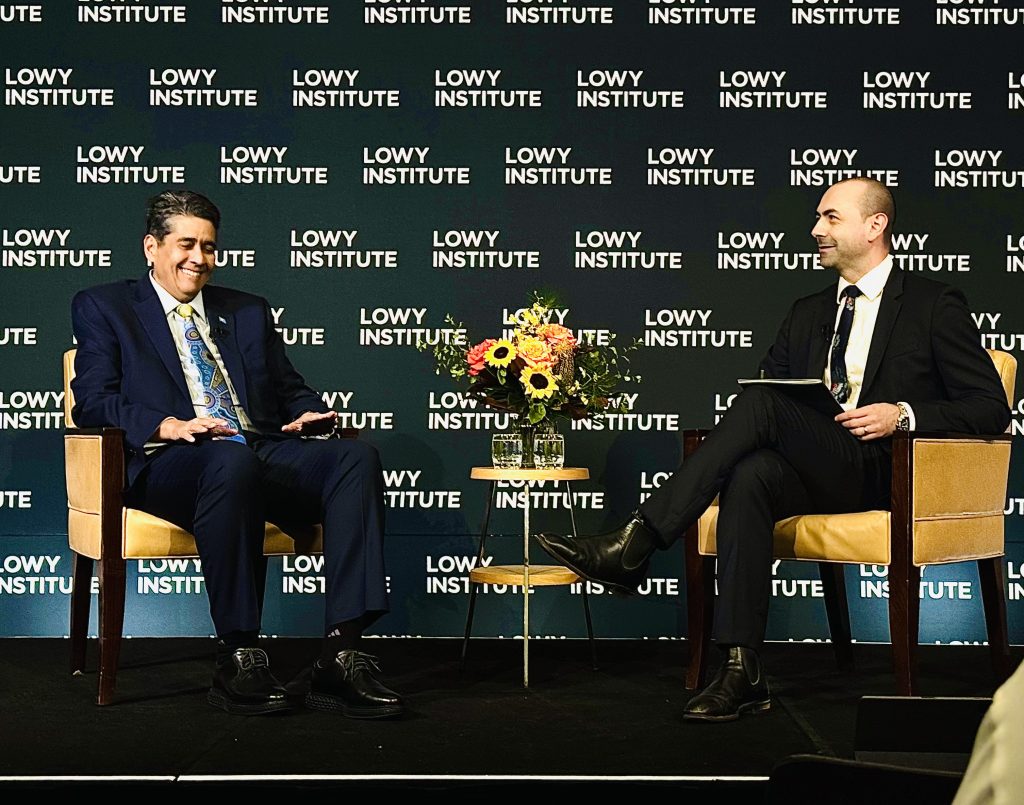
You’ve generously referred to Australia as part of your Pacific family. With the new flights to Palau from Brisbane what are you most looking forward to with the new Australian tourists?
Australians are fun, right? We hope they’ll come and enjoy the environment. We think they’re the ideal tourists. We’ve looked into it and based on surveys, the Aussies really understand islands. They care about nature, and cares about our culture, and they respect it. That’s what we’re looking for. We had a mass influx of Chinese tourists at one point. We have a fish in Paulo called the giant bumphead parrotfish. Fishing and eating it has been banned for years, because of population decline and these fish are crucial for the survival of our corals. So in 2015, at the peak of the Chinese tourism, we busted hotels, and the fish were in the freezers, and it was being served to the Chinese. Because they wanted it. They eat everything and have no respect. If it’s illegal they want it. That’s the kind of thing we want to get away from.
